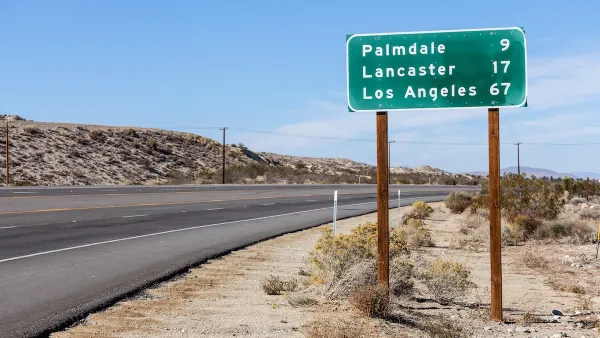The escalating health impacts of climate change, from extreme heat to sea level rise, highlight the urgent need for integrated medical education, proactive communication, and sustainable policy solutions to protect public health.

As climate change intensifies, its wide-ranging health impacts demand urgent attention, particularly as extreme weather events and environmental changes disrupt public health systems. Medical schools in the U.S. are increasingly integrating climate-related health topics into their curricula, recognizing the need for future doctors to identify and treat climate-driven health issues. Communication strategies for educating the public emphasize trusted sources, narratives, and actionable insights to inspire climate-friendly behaviors. Economic losses from extreme weather have reached $227 billion since 2010, underscoring the need for proactive measures to mitigate risks and reduce emissions.
Extreme heat is emerging as a critical health challenge, with heat-related mortality among older adults increasing by 167 percent compared to the 1990s. Heat waves not only exacerbate chronic health conditions but also disrupt sleep, physical activity, and food security. Agricultural workers face heightened risks from rising temperatures, affecting crop reliability and prices. Meanwhile, urban areas are grappling with the heat island effect and power grid stress, prompting cities to explore innovative adaptation strategies to safeguard public health and infrastructure.
Infectious diseases are also being reshaped by climate change, with rising temperatures expanding the geographic range of vector-borne diseases like dengue and malaria. Zoonotic diseases are increasing due to altered ecological patterns, while antibiotic-resistant bacteria and food-borne illnesses are becoming more prevalent. Wildfire smoke, another escalating concern, poses widespread health risks even in regions far from active fires. It contributes to respiratory and cardiovascular conditions and strains healthcare systems during wildfire seasons, with long-term effects particularly concerning for vulnerable populations.
Sea level rise and standing water further amplify health risks, displacing coastal populations and contaminating freshwater supplies with saltwater. These changes disrupt sanitation systems, increase exposure to waterborne pathogens, and disproportionately affect low-income and vulnerable communities. Concurrently, air pollution from fossil fuels continues to impact health, though transitions to clean energy have shown immediate benefits such as reduced asthma-related ER visits and lower preterm birth rates. Addressing these interlinked challenges requires robust action across health, environmental, and policy domains to ensure a sustainable and equitable future.
FULL STORY: Climate and health: Stories to watch in 2025

Analysis: Cybertruck Fatality Rate Far Exceeds That of Ford Pinto
The Tesla Cybertruck was recalled seven times last year.

National Parks Layoffs Will Cause Communities to Lose Billions
Thousands of essential park workers were laid off this week, just before the busy spring break season.

Retro-silient?: America’s First “Eco-burb,” The Woodlands Turns 50
A master-planned community north of Houston offers lessons on green infrastructure and resilient design, but falls short of its founder’s lofty affordability and walkability goals.

Test News Post 1
This is a summary

Analysis: Cybertruck Fatality Rate Far Exceeds That of Ford Pinto
The Tesla Cybertruck was recalled seven times last year.

Test News Headline 46
Test for the image on the front page.
Urban Design for Planners 1: Software Tools
This six-course series explores essential urban design concepts using open source software and equips planners with the tools they need to participate fully in the urban design process.
Planning for Universal Design
Learn the tools for implementing Universal Design in planning regulations.
EMC Planning Group, Inc.
Planetizen
Planetizen
Mpact (formerly Rail~Volution)
Great Falls Development Authority, Inc.
HUDs Office of Policy Development and Research
NYU Wagner Graduate School of Public Service




























